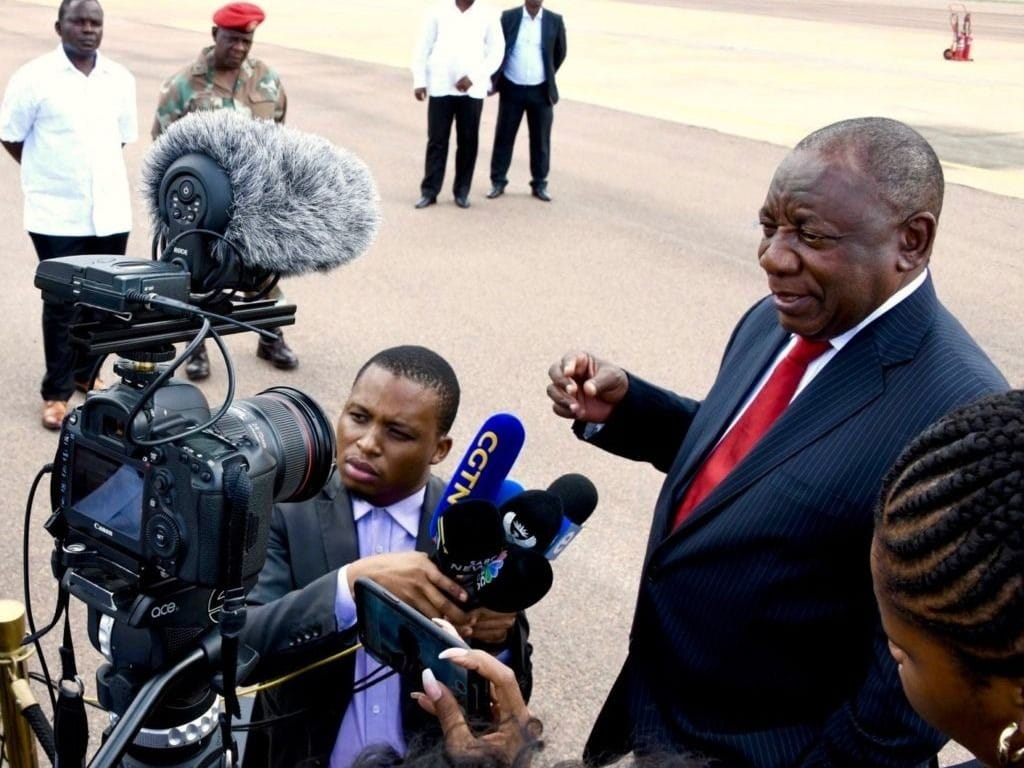African Union leaders concluded their annual summit on Monday pledging to devote more resources to mediating an end to regional violence from a surge in civil wars and countries mired in conflicts among warring groups.
Heads of state and government officials huddled for two days of talks at the A.U.'s headquarters in the Ethiopian capital, Addis Ababa, focused on the continental organization's theme of "Silencing the Guns: Creating Conducive Conditions for Africa’s Development."









